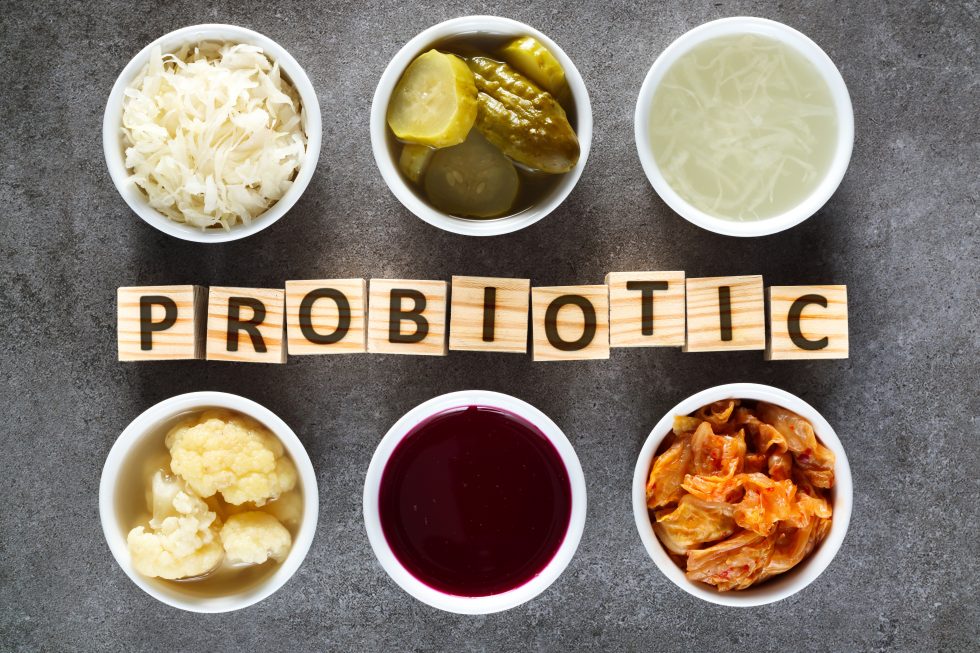
You’ve probably heard the saying, “An apple a day keeps the doctor away,” right? Well, it turns out that fruits are even better for us than we thought. Beyond just being packed with essential nutrients, fruits also help nourish probiotics, those beneficial microorganisms that play a big role in our overall health.
What Exactly Are Probiotics?
Probiotics are live microorganisms, like bacteria and yeasts, that provide health benefits when you consume enough of them. According to the Food and Agriculture Organization (FAO) and the World Health Organization (WHO), probiotics help keep our gut’s microbiome—the community of microbes in our digestive system—in balance. Only strains proven to be beneficial in at least one randomized controlled trial (RCT) can be classified as true probiotics, according to the International Scientific Association for Probiotics and Prebiotics.
When shopping for probiotics, you’ll often see them measured in Colony Forming Units (CFUs). Look for labels that include the genus, species, and subspecies information. Remember, the benefits of probiotics are strain-specific, so not all probiotics work the same way. While you can find probiotic supplements easily, they’re not regulated as strictly as medications by the FDA, which means the quality can vary. Plus, since only 10-30% of probiotics survive the GI tract, it’s a good idea to consume them regularly.
Why Your Microbiome Matters
Your gut is home to a bustling ecosystem called the microbiome. These tiny critters help with everything from digesting food and medications to supporting your immune and hormone systems. They even produce vitamins and maintain your gut lining, keeping bad bacteria at bay.
The Human Microbiome Project, which ran from 2007 to 2016, has helped us understand more about these beneficial microbes. To keep your microbiome happy, eat a diet rich in fiber, proteins, grains, fruits, and veggies. Certain fibers, known as prebiotics, act as superfoods for your gut bacteria. You can find prebiotics in foods like pasteurized cow’s milk and polyphenol-rich foods such as berries, apples, nuts, seeds, dark chocolate, and red wine.
Do Fermented Foods Contain Probiotics?
Fermented foods don’t naturally come loaded with probiotics, although some, like yogurt and certain kinds of milk, have probiotics added. Fermentation is a cool process that changes food using enzymes, but it doesn’t automatically produce probiotics. While fermented foods do have microbes, they don’t always turn into the probiotics you find in those special yogurt tubs. Plus, processes like baking, filtering, heating, or roasting during fermentation can kill any potential probiotics.
Even if a label says a product has “beneficial microbes,” they might not be the same as the tested probiotics. But fermented foods still have their perks! Fermentation can make foods like cabbage or beets easier to digest, reduce or eliminate toxins, and create bioactive compounds that are great for your health.
Common Fermented Foods (Often Mistaken for Probiotic-Rich)
- Yogurt (pasteurized)
- Kefir (pasteurized)
- Sauerkraut
- Kimchi
- Tempeh
- Miso
- Kombucha
- Pickles
- Natto
- Most cheeses
- Olives
- Traditional buttermilk
Benefits of Fermented Foods
Even though fermentation doesn’t produce probiotics, it does improve taste, texture, digestibility, safety, and shelf life of foods. It also boosts the concentrations of vitamins and bioactive compounds. Some fermented foods can be promoted as having “live active cultures” or enhanced nutritional profiles, but it’s essential to distinguish between merely fermented foods and those with confirmed probiotics.
Potential Risks with Probiotics
Probiotics can be beneficial, but they’re not without risks, especially if you have a compromised immune system or gastrointestinal issues. Some probiotics might be mixed with harmful substances, contain antibiotic-resistant genes, or include undisclosed harmful microbes. Because probiotics are regulated differently in the U.S., they might be classified as dietary supplements, food ingredients, or even drugs, which can be confusing.
Taking Probiotics with Antibiotics
If you’re on antibiotics, taking probiotics can help. Antibiotics can disrupt your microbiome by targeting various bacterial groups, which might reduce bacterial diversity. Probiotics can help replenish beneficial bacteria and support gut recovery. It’s a good idea to follow your healthcare provider’s guidance on when and which probiotics to take alongside antibiotics.
Probiotics and Other Health Conditions
Research shows that gut microbiota composition is linked to diseases like obesity, asthma, type 2 diabetes, allergies, inflammatory bowel diseases, depression, celiac disease, autism, IBS, and anxiety. Probiotics are often used to reduce occasional gastrointestinal symptoms like gas, bloating, and constipation. However, a sudden increase in probiotics can also lead to diarrhea and gassiness. According to the National Institutes of Health, probiotics are important in treating liver disease, diarrhea, and gastroenteritis. They’ve also shown antioxidative properties and support for programmed cell death, crucial in cancer treatment.
While fermented foods don’t naturally contain probiotics, they offer many health benefits and can enhance your diet. Probiotics, when chosen carefully, can support gut health and address specific health issues. Understanding the difference between fermented foods and those with confirmed probiotics is key to making informed dietary choices.